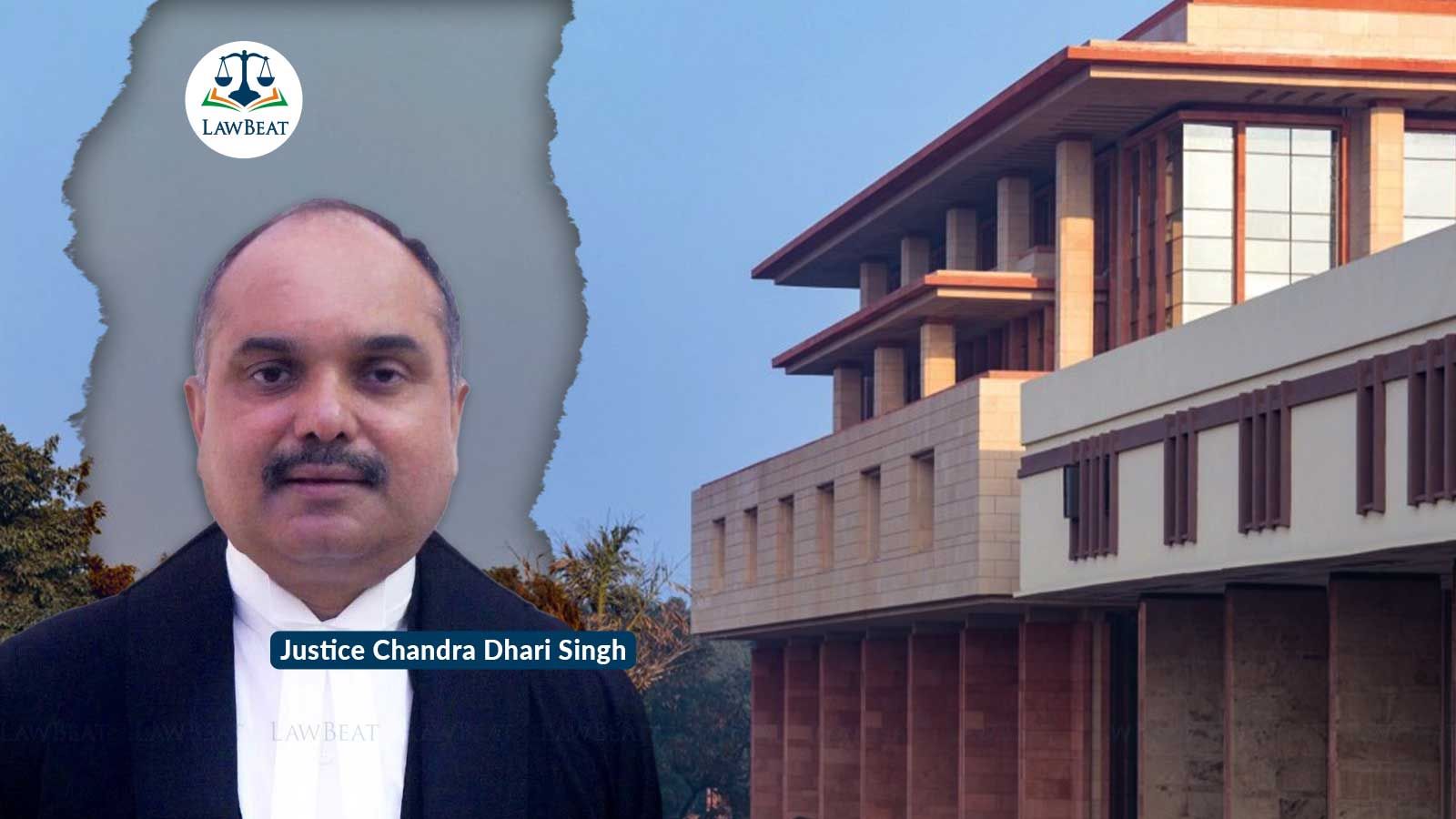Determinable Contracts not Specifically Enforceable; Not for Courts under S.9 A&C Act to Direct Termination of Contract: Delhi HC

The main dispute in the present matter was whether the contract was terminable at the behest of respondents or not – in other words, whether the contract was determinable in nature.
The Delhi High Court in its judgment dated May 24, 2023, dismissed a petition seeking stay over termination notice issued by the National Highway Authority of India (NHAI) against the petitioners, due to non-performance of the terms and conditions of the contract. Emphasis was laid on legislative amendments to the Specific Relief Act, 1963 in relation to infrastructural projects and the power of courts while hearing a Section 9 petition under Arbitration and Conciliation Act, 1996.
The main dispute was whether the contract was terminable at the behest of respondents or not – in other words, whether the contract was determinable in nature.
Justice Chandra Dhari Singh, while dismissing the petition and holding that the contract was ‘determinable’ and therefore not specifically enforceable as per S. 14A of the Specific Relief Act, 1963, observed, “It is relevant to state that Sections 20A and 41(ha) of the SRA express the legislative intent not to grant injunctions relating to infrastructure projects where delay may be caused by such an injunction. The whole purpose and objective introduced this provision by way of amendment was to promote foreign investment and build investor confidence in the infrastructure sector of India. Public Private Partnerships have long suffered due to the prolonged delays and cost overruns in timely execution of infrastructure projects. One cannot deny the fact that infrastructure has a significant role in the growth and development of a nation and helps in the development of overall production and the GDP contribution of the nation. Hence, an obstruction in the development of infrastructure would yield negative consequences for the whole nation, leading to stagnancy in the economy and the downfall of the nation's position in the global market. The amendment was aimed at improving India's global standing in terms of enforcing contracts and ease of doing business which would further increase FDI.”
On the power of courts to grant relief while hearing a Section 9 petition, it was further added, “this Court under Section 9 of the Act cannot give direction to a party for not terminating the contract or to continue with the Contract. If the Contract is terminated, the applicant/petitioner shall have rights as available to it under law. It is the right of a party not to continue with a Contract and the Court cannot force a Contract on somebody under Section 9 of the Act irrespective of it being terminated in accordance with the terms of the Contract or not which is for the Arbitral Tribunal to determine.”
Brief Background:
The present petition was moved under Section 9 of the Arbitration and Conciliation Act, 1996, seeking a stay on the notice dated 31.01.2023.
By the aforementioned notice, the respondent NHAI terminated the contract between the parties due to non-performance.
It was contended by the counsel for the petitioner that the delay caused was due to the action of the respondent themselves and that the petitioners were still ready and willing to discharge their obligations under the contract.
“In sheer violation of the terms of the Contract, the respondent, instead of acting in terms of the arbitral mechanism envisaged under Clause 67 of the CoPA and Contract and without addressing the grievance raised in the Mediation Notice dated 19th January, 2023, unilaterally and arbitrarily issued the notice of intent to terminate dated 31st January, 2023… Contracts that are terminable subject to a breach notice and granting an opportunity to cure the breach are not determinable in nature although they can be terminated under specific circumstances,” counsel for the petitioner argued.
On the contrary, counsel for the respondent submitted that the contract in question was determinable in nature, hence in view of the specific statutory provision under the Specific Relief Act, 1963, no injunction could be granted to direct the respondent to specifically perform the contract. It was submitted that by virtue of Section 14(1)(c) of the Specific Relief Act, 1963, the contract which in its nature determinable cannot be specifically enforced. Reliance was placed on Indian Oil Corporation v. Amritsar Gas Service, (1991) 1 SCC 533 and Rajasthan Breweries v. Stroh Brewery, 2000 SCC OnLine Del 481 in this regard.
“If eventually the termination is held illegal, then also, in view of provisions of Section 41(e) of SRA, the petitioner is not entitled for any interim order of stay of intention to terminate,” it was further pleaded.
Case Title: Roadway Solutions v. National Highway Authority of India
